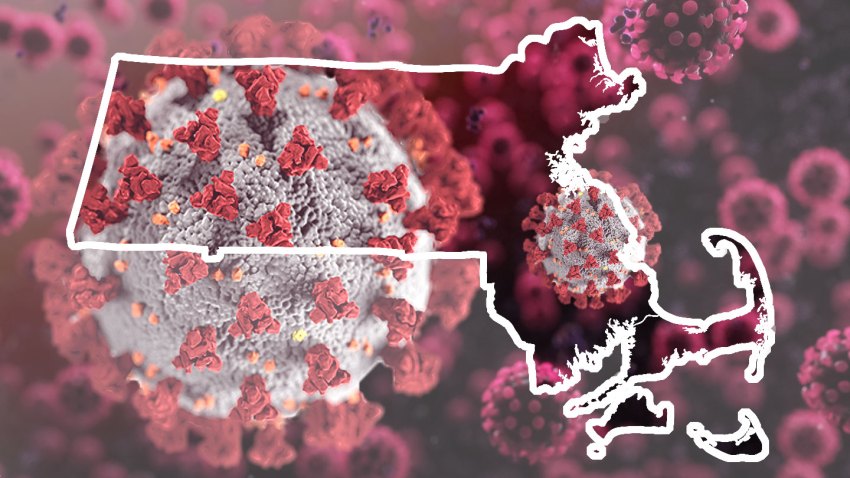Boston Mayor Michelle Wu is facing heavy push back for her new COVID mandate and has received many hate messages, some targeting her gender and ethnicity.
This week, protesters filled Boston City Hall as Mayor Michelle Wu announced plans for vaccine a mandate and vaccine passports.
The mandate garnered mixed reactions. While some applauded the decision, other reactions were extreme, and in some cases misogynistic and racist.
WATCH ANYTIME FOR FREE
Stream NBC10 Boston news for free, 24/7, wherever you are. |
"There’s constant calls associating me with the same hateful, racist xenophobic language that the former president used in describing the virus and its origins and who was to blame,” Wu said in a interview with WGBH radio.
In the last year, apart from the spread of coronavirus, there has been increased sentiment of hate and racism targeted at the Asian community.
Get updates on what's happening in Boston to your inbox. Sign up for our News Headlines newsletter.
How to Help
The hateful language used toward Boston's leader is disappointing, said Philip Chong from Quincy Asian Resources.
"I think, no matter where we stand in terms of policy, it shouldn’t be any anti-hate rhetorical comments,” Chong said.
Lydia Edwards, a Boston city councilor, supports the new mayor’s efforts to fight the pandemic and thinks that’s true for most people in Boston, despite this recent rash of anger and hatred.
"A majority of people voted for Michelle Wu, who supported a vaccine mandate and vaccine passport when she was a candidate. So I believe the majority of people in Boston support is going on what is going on," Edwards said.
Despite the outrage, the mayor and the city are moving forward to phase in those mandates starting Jan. 15.
"I know we’re doing the right thing. I won’t be intimidated out of doing the right thing," Wu said.



